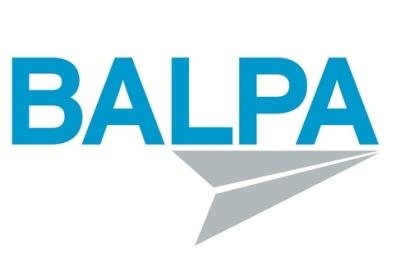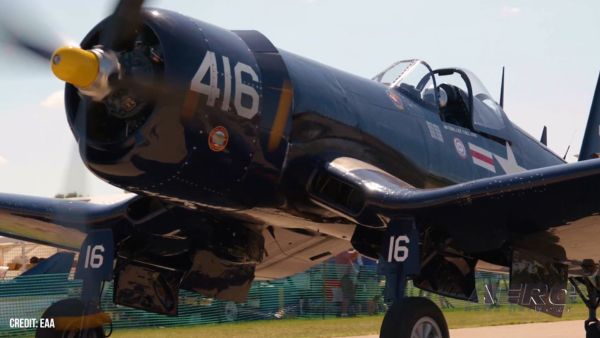Tue, Oct 01, 2013
Poll Among Pilots Used To Influence EP Vote On Pilot Flying Hours
Ahead of a crucial European Parliament vote on new EU rules on pilot flying hours Monday that will change UK safety standards, BALPA released results of a poll that shows that more than half of British pilots admit to having fallen asleep on the flight deck and eight out of ten believe their flying abilities have been compromised by tiredness in the past six months. Also, three quarters of British pilots have said they do not trust the European regulator in its role as the aviation safety body for Europe.

BALPA said in a news release that the new EU rules will dilute existing high UK safety standards and introduce weaker EU rules, which lack scientific support or evidence. For instance the new rules will permit a pilot to land an aircraft having been awake for 22 hours or more, with a level of tiredness that is the equivalent of being four times over the legal alcohol limit for flying. Nine out of ten members of the British public said this was of concern to them in a recent poll. Dangerously the EU rules will also give new powers to the European Aviation Safety Agency (EASA) allowing it to change the rules in the future without the support or scrutiny of politicians in Europe or national governments.
The survey of 500 commercial pilots conducted by ComRes on behalf of the British Airline Pilots’ Association (BALPA) found that:
- 56% of pilots admit to having fallen asleep on the flight deck and, even more worryingly, of those who admitted this nearly 1 in 3 (29%) said they woke to find the other pilot asleep;
- 43% said they believed their abilities have been compromised at least once a month in the last 6 months by tiredness, with 84% saying it has been compromised during the past 6 months;
- 31% don’t believe their airline has a culture that lends itself to reporting tiredness concerns with only a half (51%) saying they believed their airline Chief Executive would back them if they refused to fly because of tiredness.
- Unprompted, 49% said pilot tiredness was the biggest threat to flight safety, three times more than any other threat.
BALPA called on MEPs voting in the EU Transport Committee on Monday to back a motion that would require the European Commission to withdraw its unsafe proposals and to subject them to proper scientific and medical scrutiny. BALPA has also made a complaint of maladministration to the European Ombudsman and argued that the rules should have been based on scientific evidence from the outset.
‘Making every flight a safe flight is the number one priority for British pilots who have helped establish some of the highest safety standards in Europe," said Jim McAuslan, General Secretary of BALPA. "Tiredness is already a major challenge for pilots who are deeply concerned that unscientific new EU rules will cut UK standards and lead to increased levels of tiredness, which has been shown to be a major contributory factor in air accidents. A European regulator that lacks scientific and medical expertise is being allowed to tear up UK flight safety rules and is being supported in this by the Conservative UK Government Minister and the UK regulator. Why this Government is bending the knee to Europe rather than the wisdom of the piloting profession with over 40 million flying hours experience is as baffling as it is dangerous."
More News
“While legendary World War II aircraft such as the Corsair and P-51 Mustang still were widely flown at the start of the Korean War in 1950, a new age of jets rapidly came to >[...]
Decision Altitude (DA) A specified altitude (mean sea level (MSL)) on an instrument approach procedure (ILS, GLS, vertically guided RNAV) at which the pilot must decide whether to >[...]
Aero Linx: National Aviation Safety Foundation (NASF) The National Aviation Safety Foundation is a support group whose objective is to enhance aviation safety through educational p>[...]
Also: Cal Poly Aviation Club, $$un Country, Arkansas Aviation Academy, Teamsters Local 2118 In response to two recent general aviation accidents that made national headlines, more >[...]
“The FAA is tasked with ensuring our skies are safe, and they do a great job at it, but there is something about the system that is holding up the medical process. Obviously,>[...]
 Aero-News: Quote of the Day (04.28.25)
Aero-News: Quote of the Day (04.28.25) ANN's Daily Aero-Term (04.28.25): Decision Altitude (DA)
ANN's Daily Aero-Term (04.28.25): Decision Altitude (DA) ANN's Daily Aero-Linx (04.28.25)
ANN's Daily Aero-Linx (04.28.25) Airborne-Flight Training 04.24.25: GA Refocused, Seminole/Epic, WestJet v TFWP
Airborne-Flight Training 04.24.25: GA Refocused, Seminole/Epic, WestJet v TFWP Aero-News: Quote of the Day (04.29.25)
Aero-News: Quote of the Day (04.29.25)



